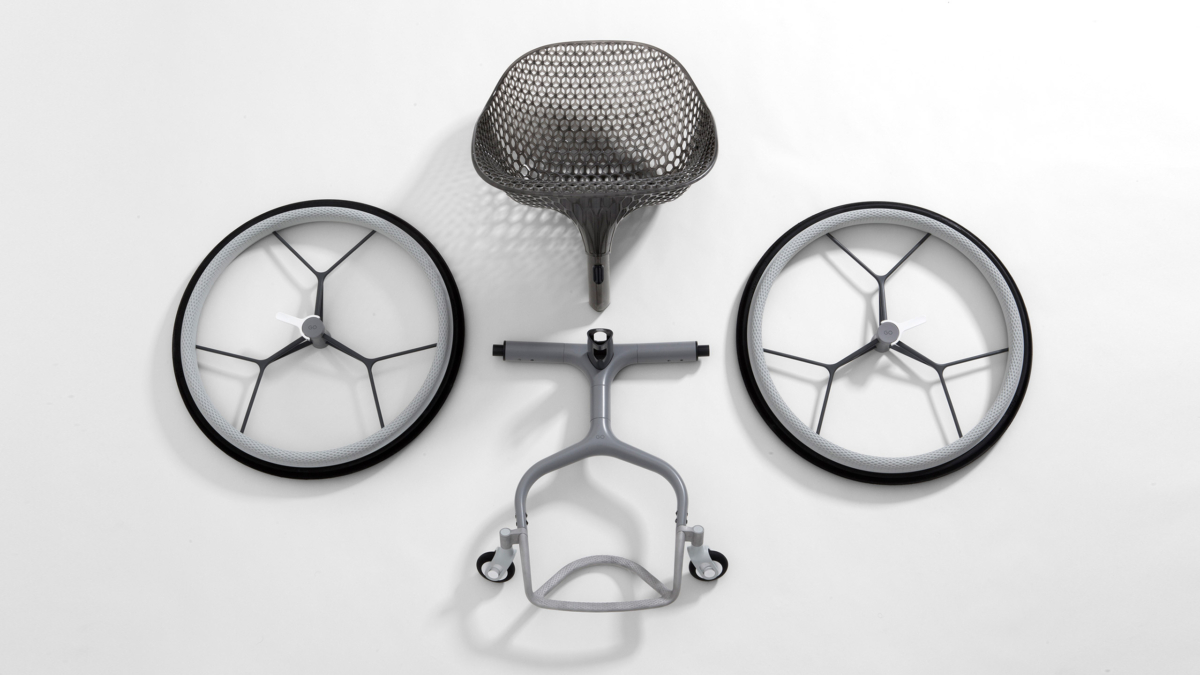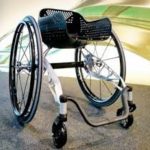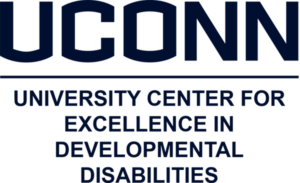3D printed wheelchairs project brings assistive tech to developing countries

Reprint from Verdict.co.uk
A newly announced 3D printed wheelchairs project is improving access to assistive technologies in developing countries.
Run by charity Motivation in partnership with 3D printer manufacturer Ultimaker, the project is called Motivation InnovATe. It designed to establish the technologies, infrastructure and skills within developing countries to enable custom 3D printed wheelchairs to produced where and when they are needed.
Initially starting in Kenya through local partner Bethany Kids, the project will see the establishment of a purpose-built assessment, fitting and 3D printing workshop, where wheelchair users will be measured using specialist tools, including a seating simulator, to determine the precise measurements of wheelchair they require.
The resulting data will then be fed into an automated design program, which will automatically generate 3D models of the required parts, which will then be 3D printed. These parts, the chassis and seating unit, will then be fitted together using aluminium tubes to create made-to-measure wheelchairs that suit the lives and environment of each user.
Local production vital to 3D printed wheelchairs project
Central to the project is the idea of producing the wheelchairs locally to their recipients. Not only does this ensure that each one is designed to suit its owner’s needs, but also prevents the time delays normally associated with shipping internationally to developing countries.
To achieve this, the project has also focused on training technicians and clinicians in the area to use the technologies in order to ensure that the wheelchairs can be made without the need of ongoing outside involvement.
This has initially started with professionals at Bethany Kids, but is set to be expanded to other areas.
 “We’ve been developing and testing the ideas behind Motivation InnovATe for some time, so it’s amazing to see the concept come to life with the team at Bethany Kids. They have picked up the digital assessment and 3D printing training really quickly and already produced the first samples using two Ultimaker machines,” said Jake Honeywill and Dominic Noble, Motivation designers.
“We’ve been developing and testing the ideas behind Motivation InnovATe for some time, so it’s amazing to see the concept come to life with the team at Bethany Kids. They have picked up the digital assessment and 3D printing training really quickly and already produced the first samples using two Ultimaker machines,” said Jake Honeywill and Dominic Noble, Motivation designers.
In time, the project offers the potential for far wider use, enabling a scalable solution that can be replicated around the world.
“One billion people in the world are currently in need of assistive technology – from wheelchairs to hearing aids,” said David Constantine, founder director of Motivation.
“With this figure set to double by 2050, it’s vital that we find new ways to make and provide scalable solutions. Motivation InnovATe offers a new vision of wheelchair provision that puts technology, investment and skills back into the hands of local people.”

